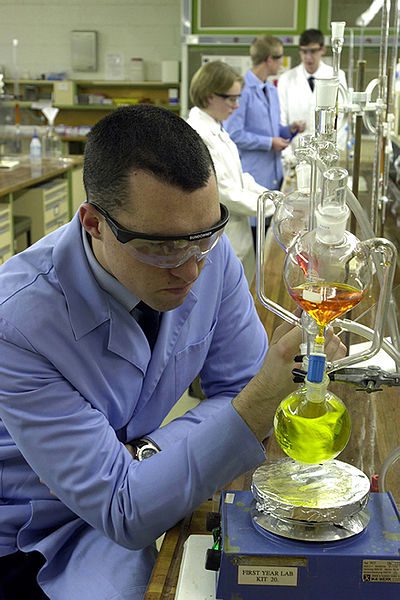
Figuring out the causes of the Reformation?
Sorting through the laws of Hammurabi?
Examining the strategic thinking of Napoleon?
I’m frequently puzzled when critics of faithful scholarship on the Book of Mormon declare, triumphantly, that it’s not “real science.” I’ve never quite understood what “science” typically has to do with historical, hermeneutical and philological questions. But issues are now surfacing with regard to even scientific peer review and quality control, and this is very healthy.
Steve Smoot kindly sent me this note:
That science can fail, however, shouldn’t come as a surprise to anyone. It’s a human construct, after all. And if we simply accepted that science often works imperfectly, we’d be better off. We’d stop considering science a collection of immutable facts. We’d stop assuming every single study has definitive answers that should be trumpeted in over-the-top headlines. Instead, we’d start to appreciate science for what it is: a long and grinding process carried out by fallible humans, involving false starts, dead ends, and, along the way, incorrect and unimportant studies that only grope at the truth, slowly and incrementally.
So why aren’t these problems caught prior to publication of a study? Consider peer review, in which scientists send their papers to other experts for vetting prior to publication. The idea is that those peers will detect flaws and help improve papers before they are published as journal articles. Peer review won’t guarantee that an article is perfect or even accurate, but it’s supposed to act as an initial quality-control step.
Yet there are flaws in this traditional “pre-publication” review model: it relies on the goodwill of scientists who are increasingly pressed and may not spend the time required to properly critique a work, it’s subject to the biases of a select few, and it’s slow – so it’s no surprise that peer review sometimes fails. These factors raise the odds that even in the highest-quality journals, mistakes, flaws, and even fraudulent work will make it through. (“Fake peer review” reports are also now a thing.)











